Ilana Kruger, founder of DripKit, barista quality ready-to-brew coffee packs delivered straight to your door, also happens to be a professionally trained opera singer, former Israel resident, and matzo ball soup devotee who believes being polite won’t get you anywhere.
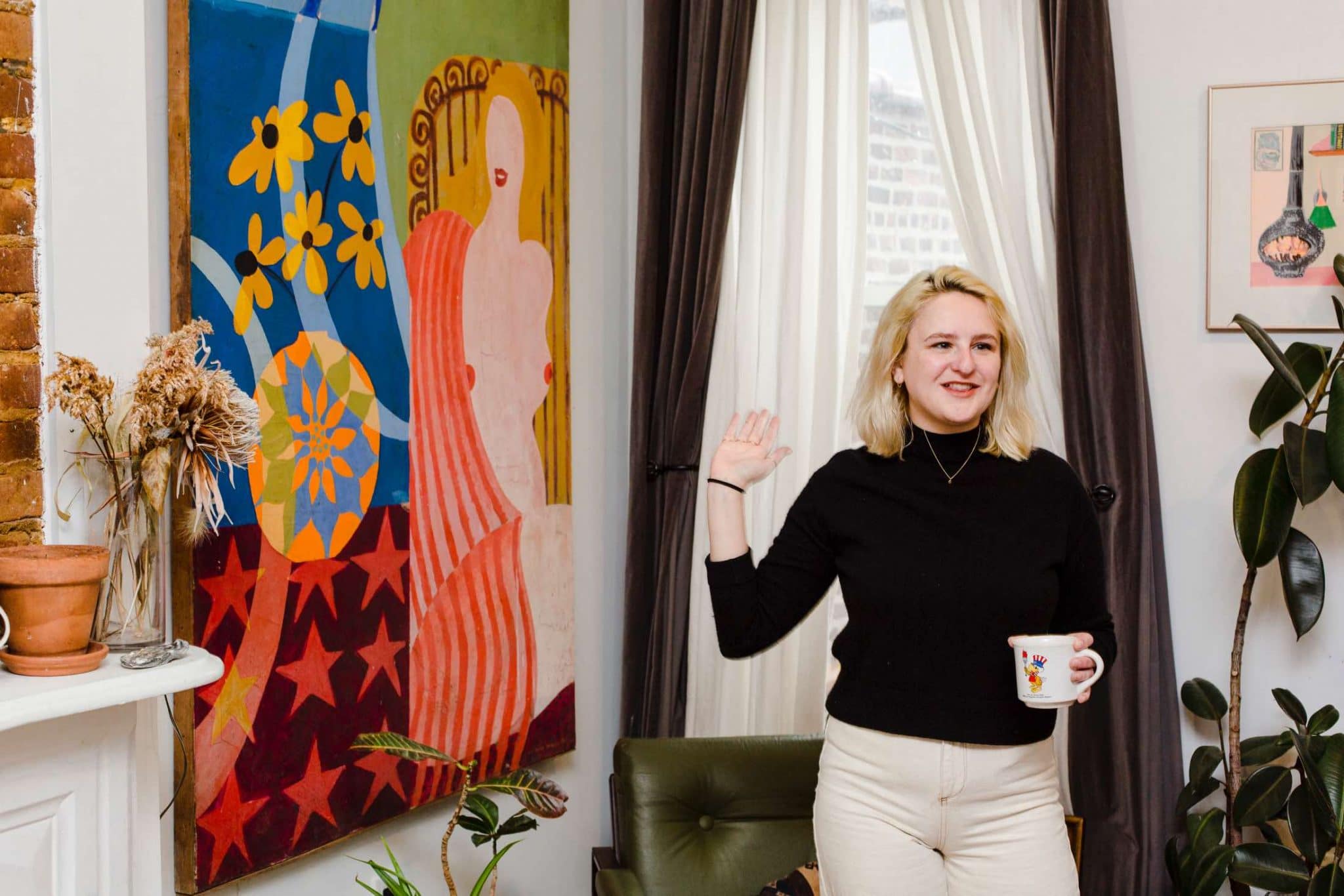
What’s your earliest memory?
I lived in Trenton, New Jersey until I was three, when we moved to the country.
I remember sitting in the garden when I was four or five, making little fairy villages with acorn caps. I was really into the movie FernGully at the time.
What’s the story behind your name?
My name is Ilana Rose Kruger.
Rose is my great-grandmother’s name on my dad’s side. Ilana? I think they asked their rabbi and it was the name he suggested. I like it because it means “tree” – it’s a type of tree – in Hebrew. It’s very important for me to feel grounded and centered and rooted, so I feel a really symbiotic relationship with my name.
Describe your kid personality.
I was really rambunctious and annoying. My parents were super healthy – they raised me macrobiotic – and we never had fun snacks, ever. Every time we would go to a friend’s house that had sugary cereals, or Cheez-Its, or chips, or anything fun, I would say, “I’m hungry!” My mom was embarrassed that people thought she was starving her child, but I just wanted to eat junk food.
I was super into theater and music. I did all the plays. I went to theater camp when I got older; never really into sports.
I was loud, and I was always singing.
I was a professionally trained opera singer. My voice teacher, who I love, Devora, was the first diva I ever met. She would tell me stories about how she would walk down the streets of New York City and men would flock after her. She sang at Carnegie Hall. She was the real thing. She was one of the first people who taught me about confidence and what it can get you and how to have it even if you don’t feel it.
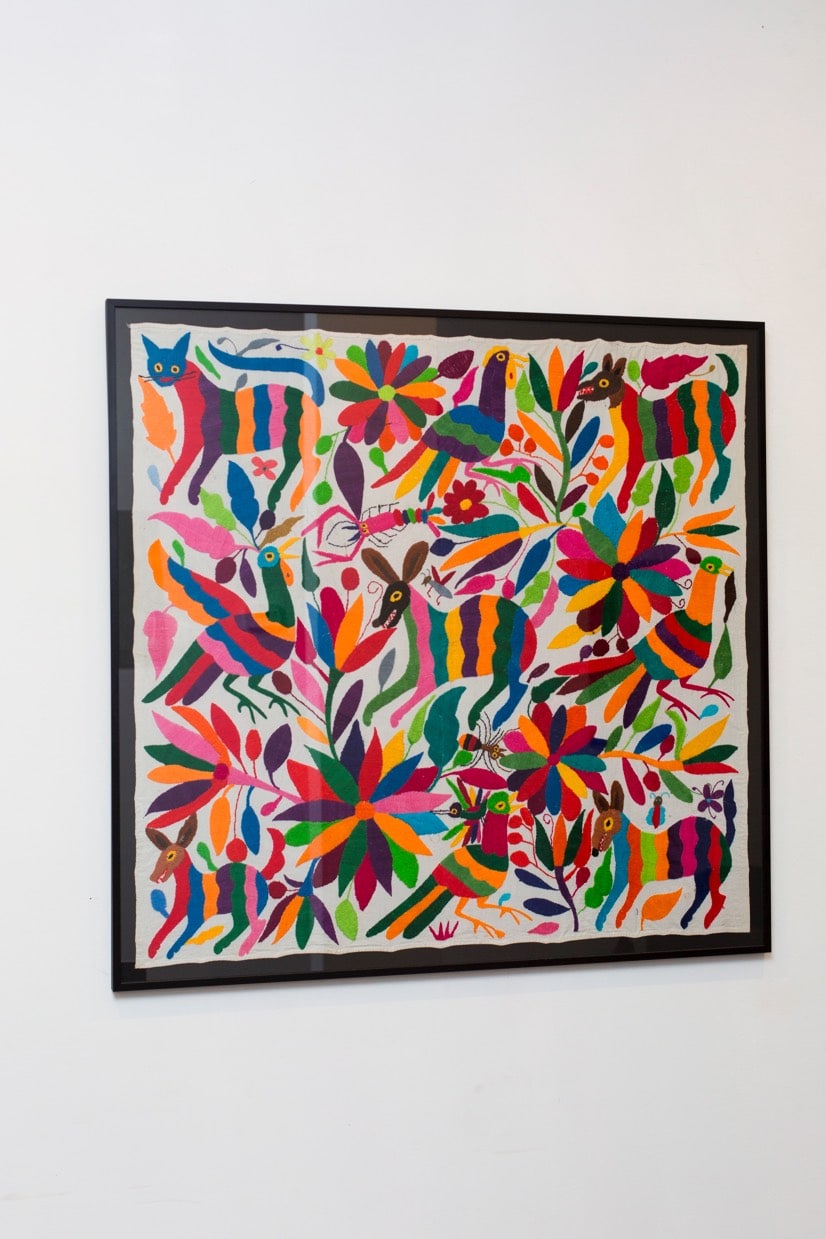
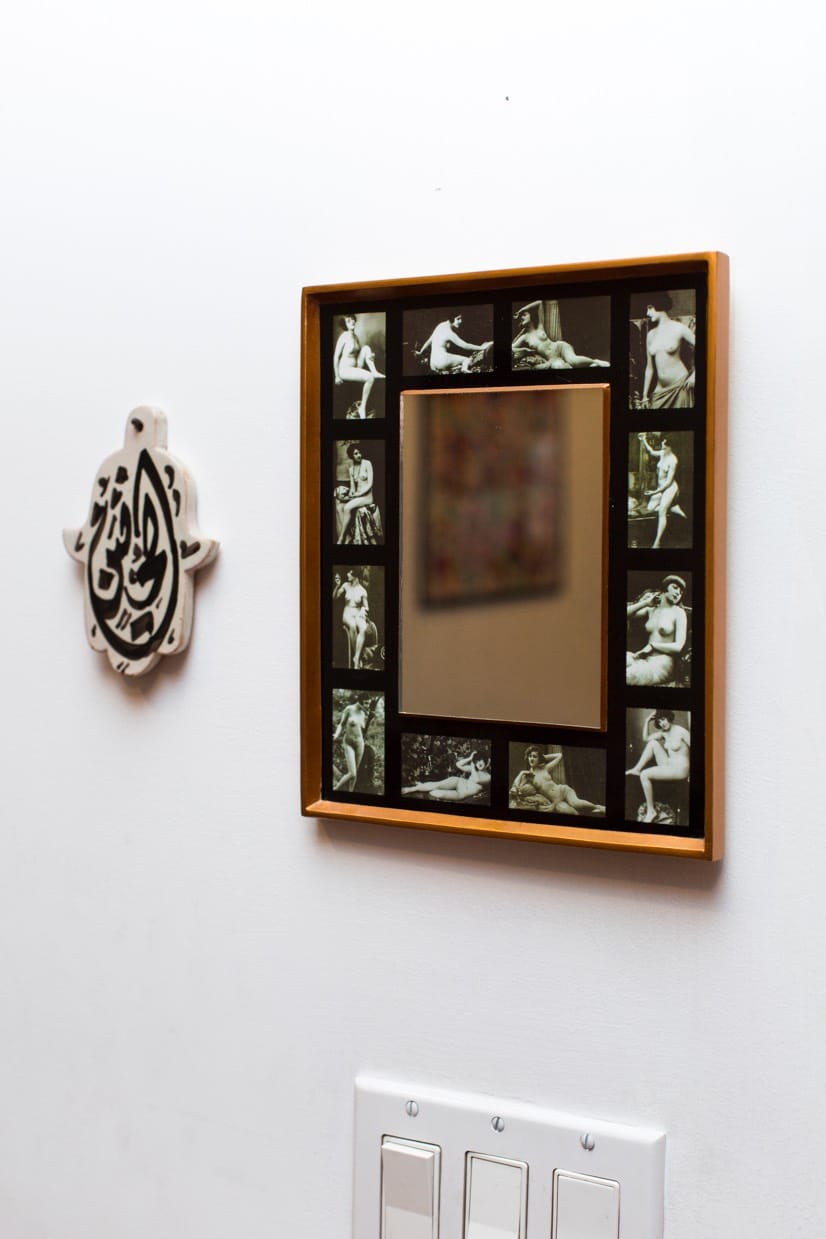
How did Jewish practice or identity play a role in your upbringing, if at all?
We were members of a Reform synagogue for a while, and I went to Sunday school there. Before I became bat mitzvah’ed, we transitioned to the Reconstructionist shul. We had a female rabbi, Rabbi Sandy. I loved her so much. She was a hippie and had long, flowing, wiry gray hair, and I think her boyfriend wore leather jackets and rode a motorcycle. She was such a badass.
I graduated high school, and I went to Goucher, because my grandmother had gone there when it was an all girls’ college. It was not good for me. I went for a semester, then I moved home and went to community college for two years. When I left Goucher, I went on Birthright and fell in love with Israel.
When I first got to Jerusalem, I can’t remember what park we were at, but I was looking over the whole city and I had this really intense spiritual moment. I had it at the Kotel, too. I became ravenous. I wanted to know everything about Judaism.
Later, I got all of these emails from Birthright saying, “Come back to Israel,” and one of them said, “Go to art school in Jerusalem.” The whole year, including housing, was cheaper than a semester here.
I didn’t know a single person, but I was young, I was fearless.
I moved to Israel for a year, and, for the first month and a half, we were living in Tel Aviv. The apartment building was right by the central bus station and we lived across from a strip club. The only two floors of this building that were renovated were the floors we were living on, and every other floor was the scariest thing you’ve ever seen.
It was total freedom, we could do whatever we wanted.
We moved couches up to the roof and we used to hang out there all the time.
To make extra money, my friend and I cleaned the Jewish student center at our school and the houses of all the women who taught there. That was our side hustle. They would have lunch and learns. I started going to lecturers every week. Then, I got a hevruta, which is like a learning program. The woman that I learned with was sweet, but she couldn’t really handle me. I was like, “Why do Jews not accept gay people? Why is the women’s section of the Kotel so much smaller?” I wanted to know everything. I would go and stay with my Orthodox friend and keep Shabbat, not rip toilet paper, keep it like she would keep it, extreme.
I had this amazing, incredible year in Israel. It was really expansive, in more ways than just the Judaism part.
I remember coming back from Israel and I had a really tough time transitioning.
I went to my family’s Seder, and I was so upset. My cousin was drinking beer, there was bread in the kitchen. I had a huge fight with my mom. I said, “Why didn’t you teach me any of this stuff when I was younger? I wish I had known!” She said to me, “I’m sorry, I didn’t know either. We can learn together. I love Judaism, but I don’t want to take those restraints on, but I’m happy to learn with you.”
For the first couple years after I got back from Israel, I really struggled, and I still struggle with how to bring Judaism into my life in a way that’s sustainable. I know any path is acceptable, but there’s something really beautiful about the tradition. Especially now that I run a startup and I work all time, I really don’t think I could do it if I had to take huge breaks. It would be good for my soul, but I don’t think it would be good for my business. I used to do Shabbat dinners at my house, and I loved that, and I’d like to bring it back and do it again when I have the time.
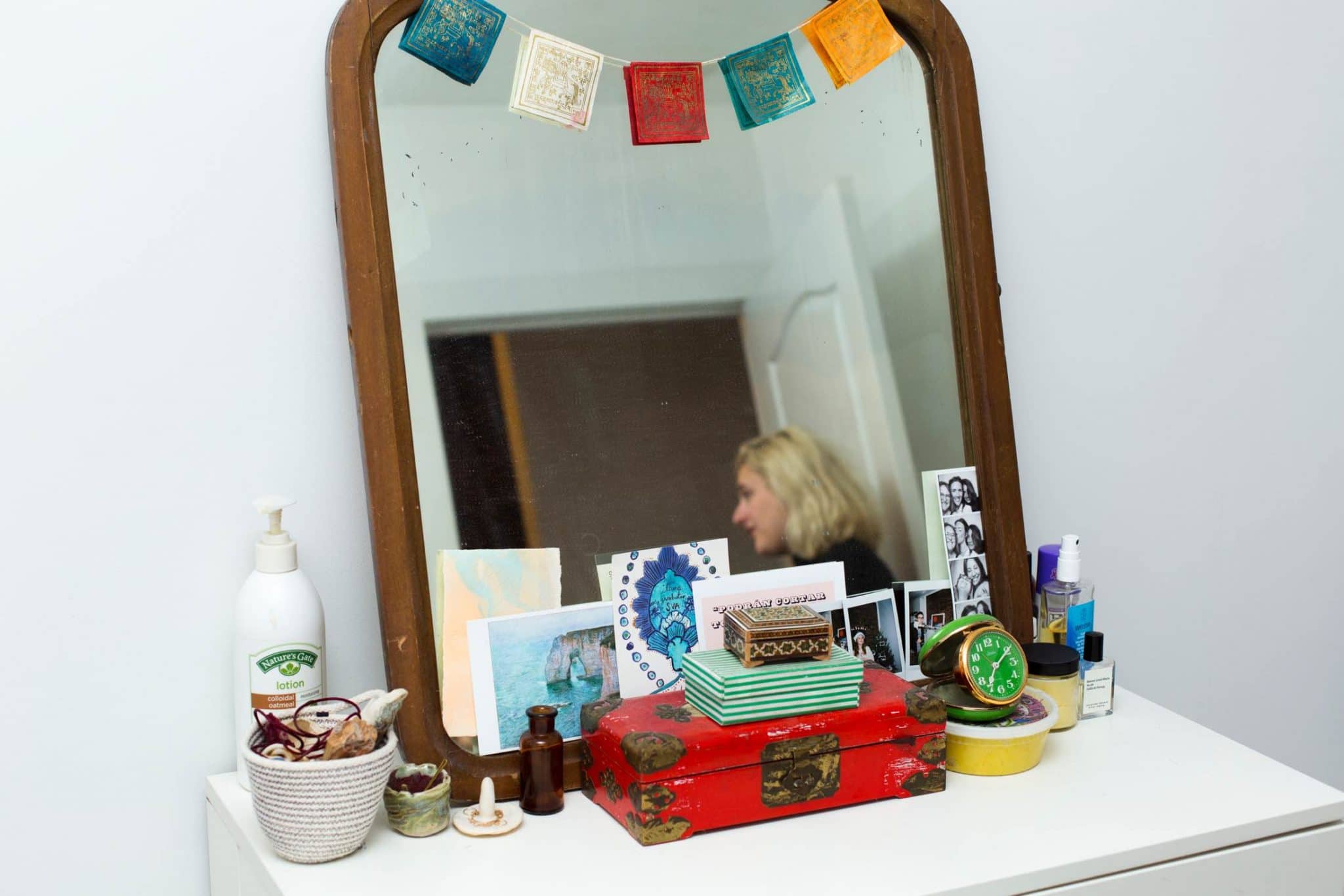
What is a typical day like for you? The weekend?
My Dripkit co-founder and I have a studio space in Bushwick, so I go there in the mornings and stay there most of the day. On Thursday evenings we do “Wine and Strategy” nights and go to a different bar every week and tackle big decisions relating to the company.
Weekends have been pretty chill lately. I’ll read my book. I don’t know if it’s that I’m getting older – I just turned 29 this month – or that it’s winter or just that I’m just so busy, but I haven’t gone out in three months. This weekend, I went to the gym and read my book and saw a movie, and my parents came into town and we all went to breakfast, and that was it. That was a lot of action.
What books are you reading now?
I’m reading The Underground Railroad by Colson Whitehead. I love this book. It’s so graphic, but it’s not sad. It’s strong.
What do you consider your greatest achievement to date?
DripKit, for sure.
I’ve never worked harder on anything in my entire life, and I don’t want to stop working on it. I’m extremely impressed and proud of us on a daily basis. Together we’ve been able to create this amazing thing. I love every minute of it, even when it’s really hard. Sometimes I think, “I just want to be a freelancer, and travel, and do fun things, and go to the beach, and go on vacation, and paint.” Then, I think about the times when I had the opportunity to live that life, and I was unsatisfied. I like to work hard, it just makes me feel good.
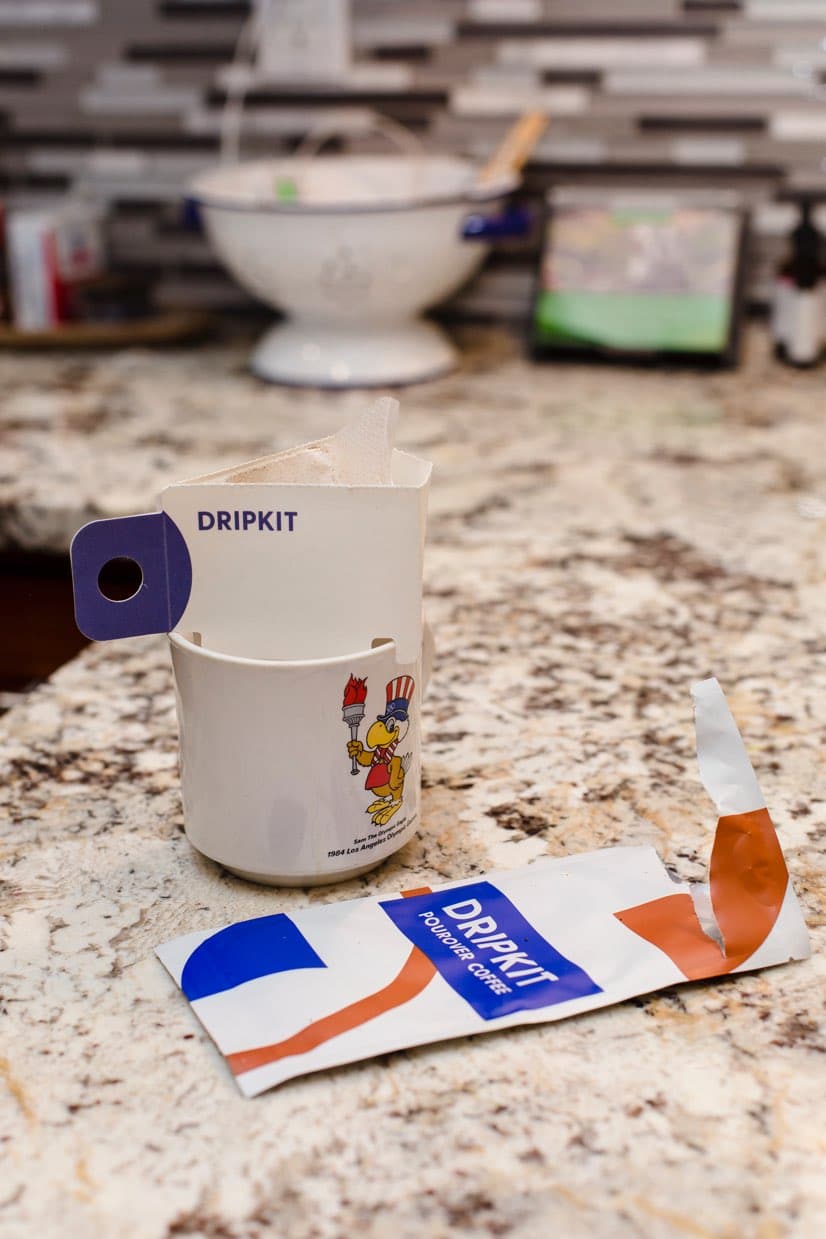

Do you have a personal mantra?
I like to remind myself to breathe, and that it’s going to be okay, and that life is good, because sometimes it feels like it’s not working out, but it will.
What do you most value in your friends?
There are different kinds of friendships. Some of my friends I’ve known for so long that I just value our closeness and that they know me so well. Other friendships I value because, when we’re together, we’re silly. I have one friend, when we’re together, we have these amazing conversations about spirituality and life, and we’re super heavy and full of heart, and it’s amazing. Then, when I’m with other friends, we feel inspired to do things.
I think that’s a hard question, but, in a person, I value honesty, openness, willingness to try new things, and kindness.
What do you think is the most overrated virtue?
Being overly polite. It doesn’t get you anywhere.
I think that being honest and real gets you way further than being polite.
I respect people who are willing to say the difficult things that will actually help people and make a difference, versus just saying what they think people want to hear.
Who do you admire and why?
I really admire my grandfather, who died when I was six months old. I would love to have dinner with him. He was an alcoholic, and I think he made a lot of bad decisions in his life, and he wasn’t always the best dad, but he was such a true artist, and so creative, and he didn’t give a shit what anybody thought.
My mom and my aunt got in trouble one day because their skirts were too short. My grandfather came in to get them barefoot and the principal looked at him and looked at his feet, then looked back up at him, and my grandfather said, “Do you have problem?” and walked out. He was an interior designer and he made crazy things and was an amazing artist.
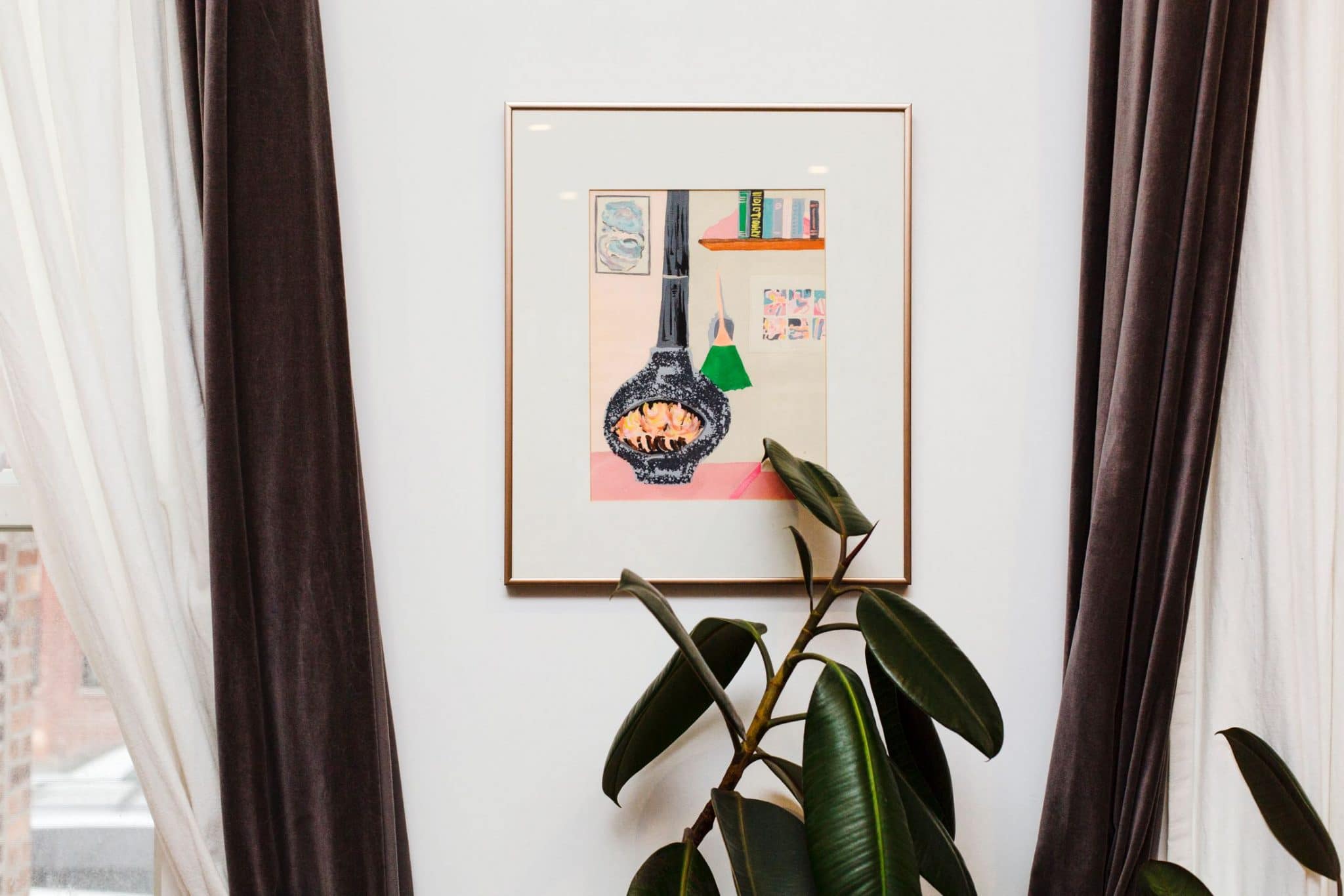
What’s your favorite place on earth?
It’s kind of like a mini Brooklyn on the beach. The food is incredible, the people are beautiful, I love Israel, and it’s my ideal aesthetic. It’s kind of this crumbling, old, but beautiful city, flowers blooming and crazy characters on every corner. Cactuses growing out of the side of the street. It’s very colorful. Everybody there feels very alive.
I have a connection to the land and the people, and it’s nice to be in place where you know everyone’s Jewish.
It feels weird to say that, because everyone’s human, but, even if they’re Israeli and they grew up different from me, there’s something about it that feels good.
Favorite Jewish holiday? Least favorite Jewish holiday?
My favorite Jewish holiday is Shabbat. I love Shabbat. I don’t have a least favorite Jewish holiday.
Favorite Jewish food? Least favorite Jewish food?
Least favorite is challah because it’s delicious but it kills me. I can’t function after I eat it.
My favorite is matzo ball soup. I love matzo ball soup. Big, yummy, soft, fluffy matzo balls. I heard once that adding soda water to your matzo balls makes them even fluffier, and light, and delicious. That’s my go-to sick food. I could eat it once a week.
Photos by Elena Mudd
Thank you for visiting Arq!
Arq is no longer publishing new content. We hope you'll enjoy our archived posts.